The Facts You Need to Know About Hydraulic Cylinder Repair
Hydraulic cylinders play a crucial role in many industrial applications, providing the essential power needed to move heavy machinery and equipment. However, when they fail, the resulting downtime can be costly. Understanding the basics of hydraulic cylinder repair can help prevent extensive damage and improve longevity. In this post, we'll explore key facts you need to know to maintain your hydraulic systems effectively.
The Importance of Proper Maintenance
Recognizing the symptoms of failure is key to a successful hydraulic cylinder repair. Common issues include leaks, slow operation, and unusual noises, which often indicate wear and tear or damage. Identifying these problems early can prevent more serious damage. Regular inspections are critical, as they help catch these symptoms before they escalate into costly repairs or replacements. Ignoring these warning signs can lead to complete system failure, resulting in unexpected downtime and expensive fixes.
The Best Practices for Disassembly and Cleaning
Proper maintenance plays a pivotal role in extending the life of hydraulic cylinders. This includes routine tasks like replacing hydraulic oil, which should be done every 3,000 operation hours, according to Equipment Journal. By maintaining optimal oil levels and quality, you can minimize wear on the system's components. Additionally, inspecting seals and rods for wear and having them replaced when necessary can prevent leaks and ensure efficient operation.
The Benefits of Regular Maintenance
Another crucial aspect of hydraulic cylinder repair is ensuring that all components are properly disassembled, cleaned, and inspected by skilled technicians. Professionals carefully assess each part—including the cylinder housing, piston, and rod—for signs of wear or damage before reassembly. Even small amounts of dirt or debris can significantly impact performance. To ensure a thorough and effective repair, it’s essential to work with experienced professionals who have the right tools and expertise to handle the process properly.
Regular maintenance and understanding the signs of a failing hydraulic cylinder can save both time and money in the long run. By adhering to recommended maintenance schedules, like replacing hydraulic oil as needed, you can extend the lifespan of your cylinders. Also, ensuring thorough inspections and clean repairs will minimize the risk of future failures. Don’t wait until a small issue turns into a major problem. Contact Kingdom Builders Machining and Hydraulics today for a free consultation!
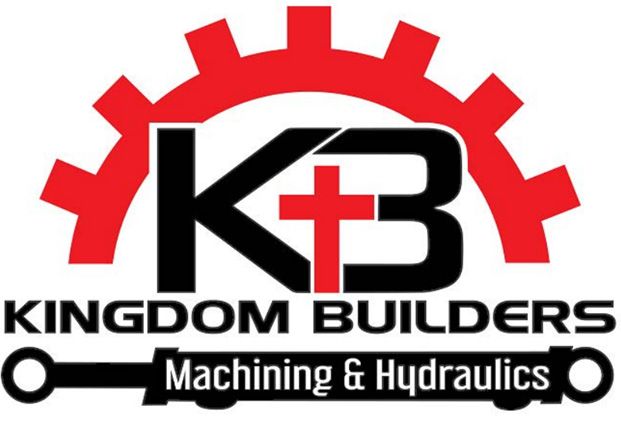
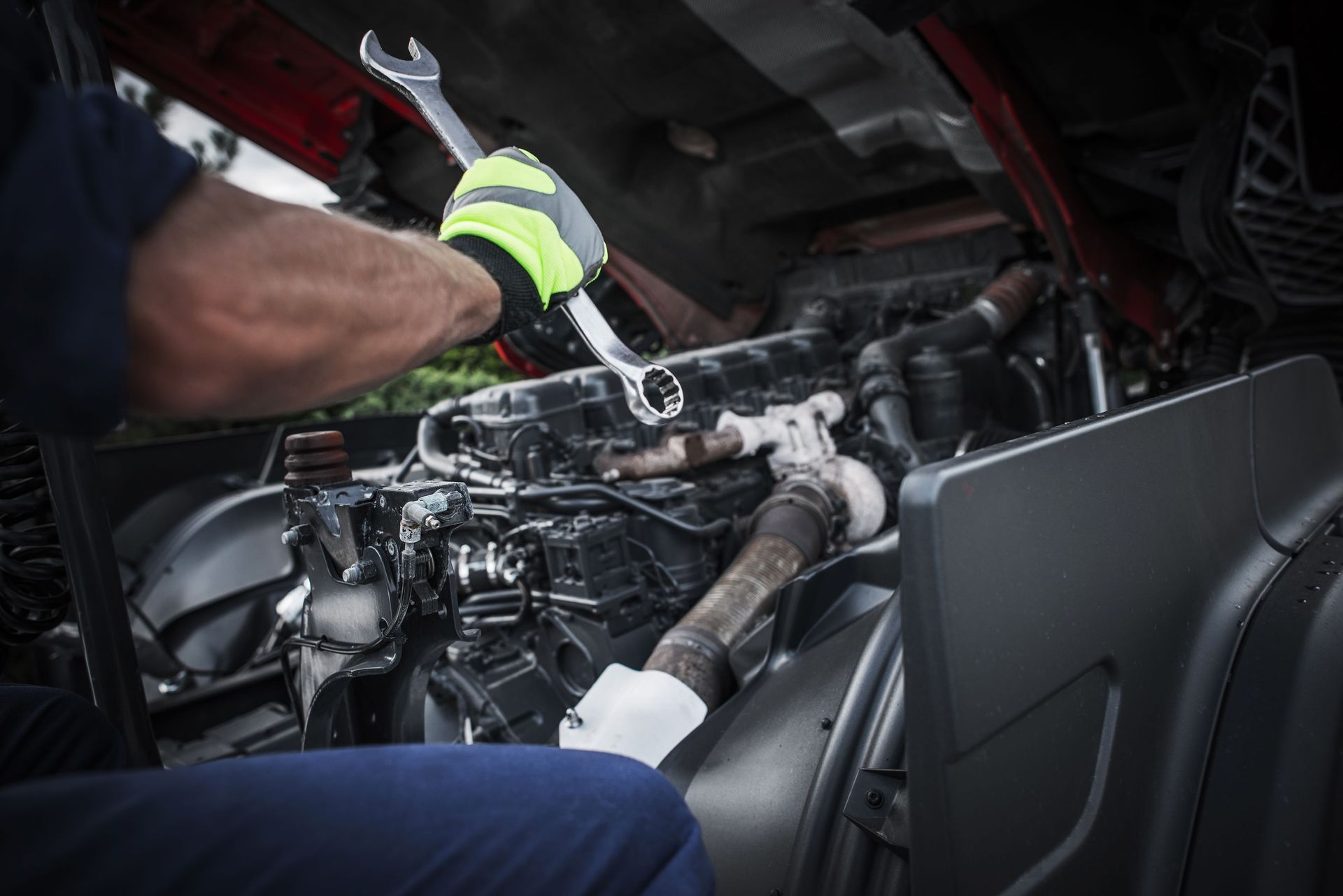
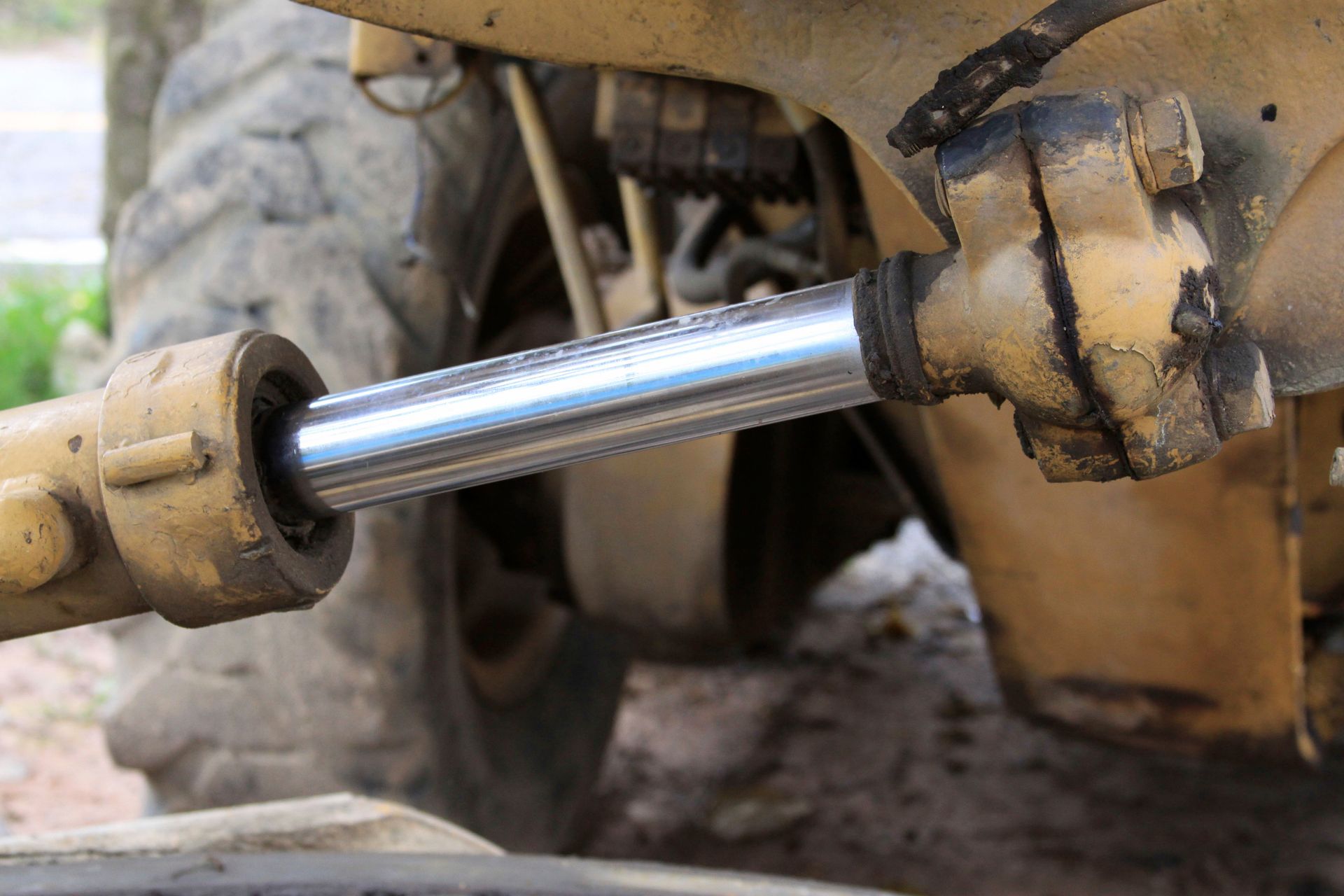
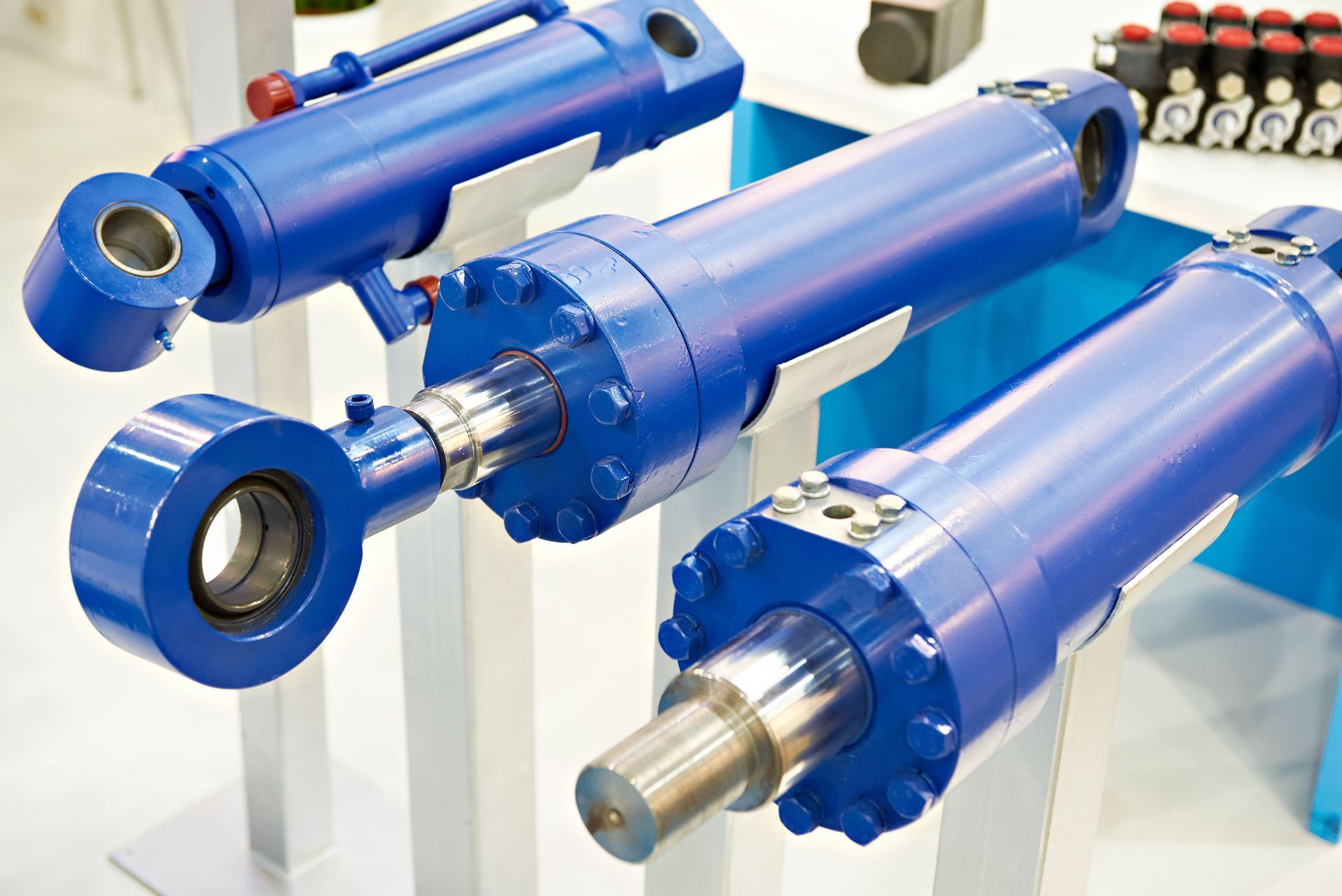
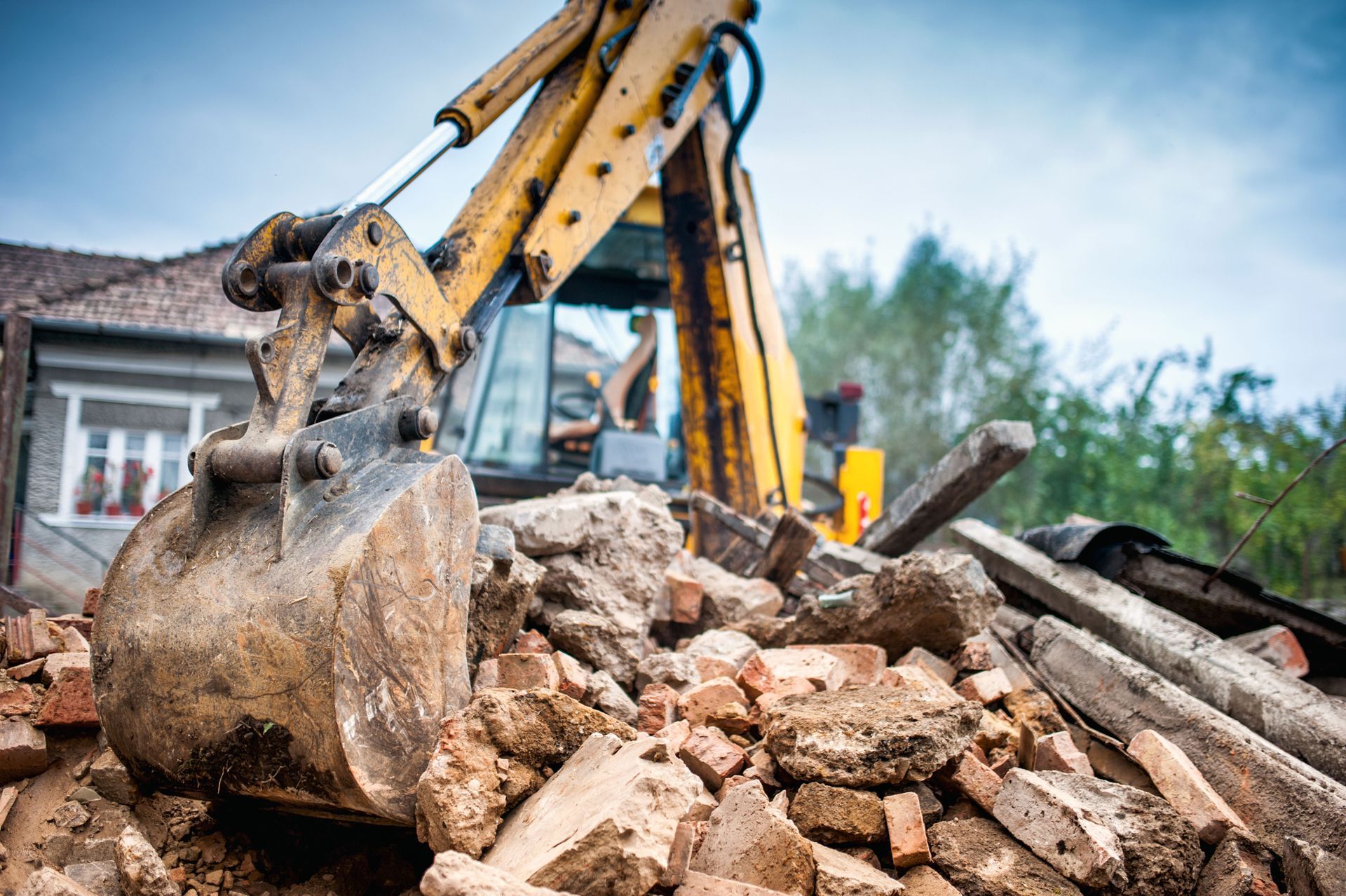
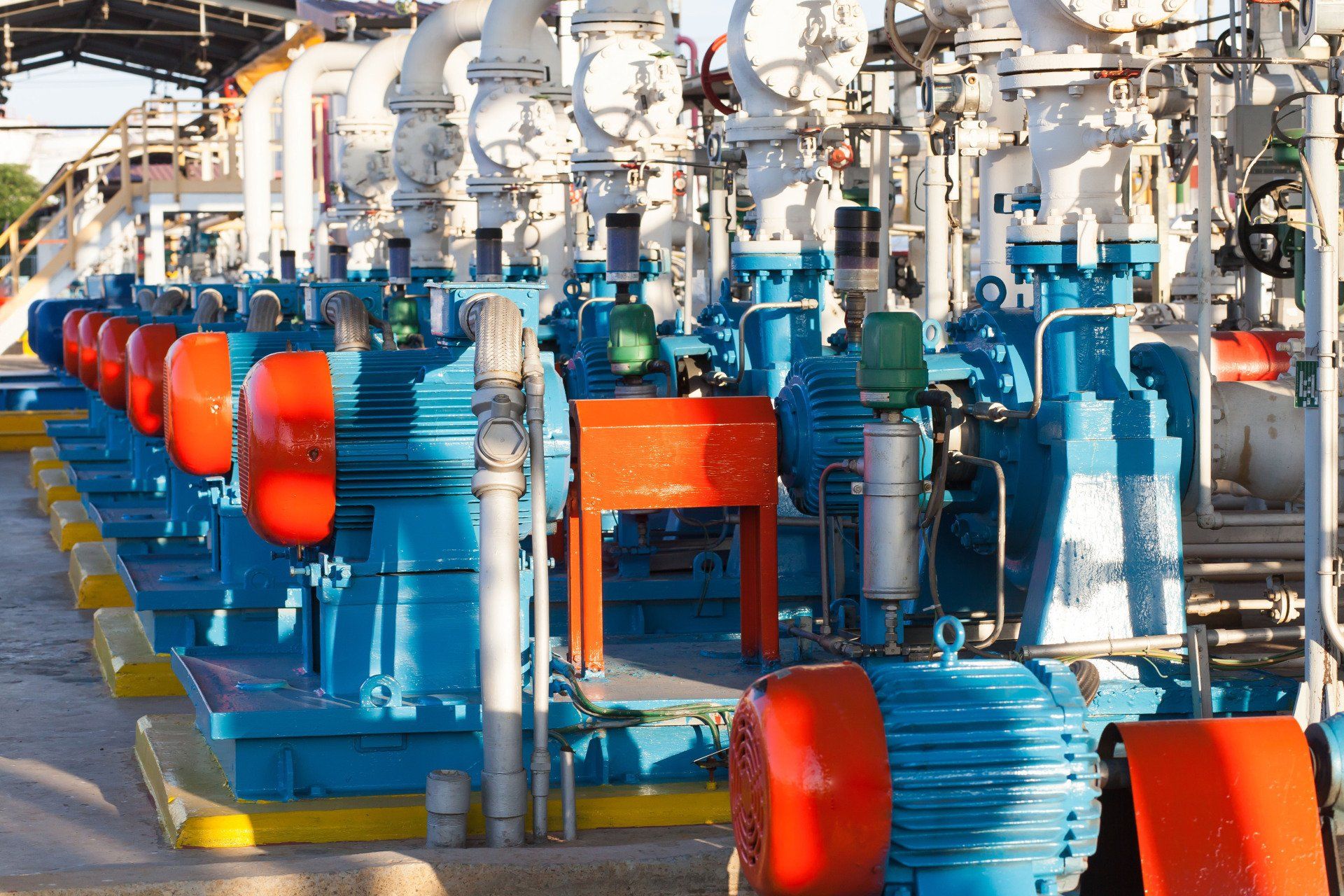
Share On: